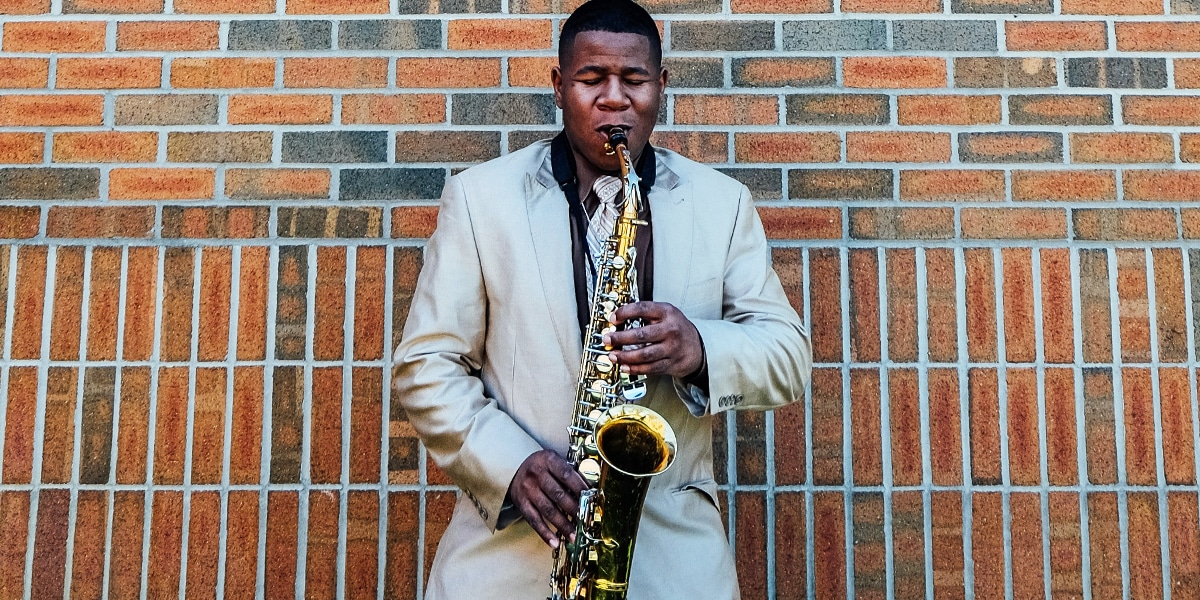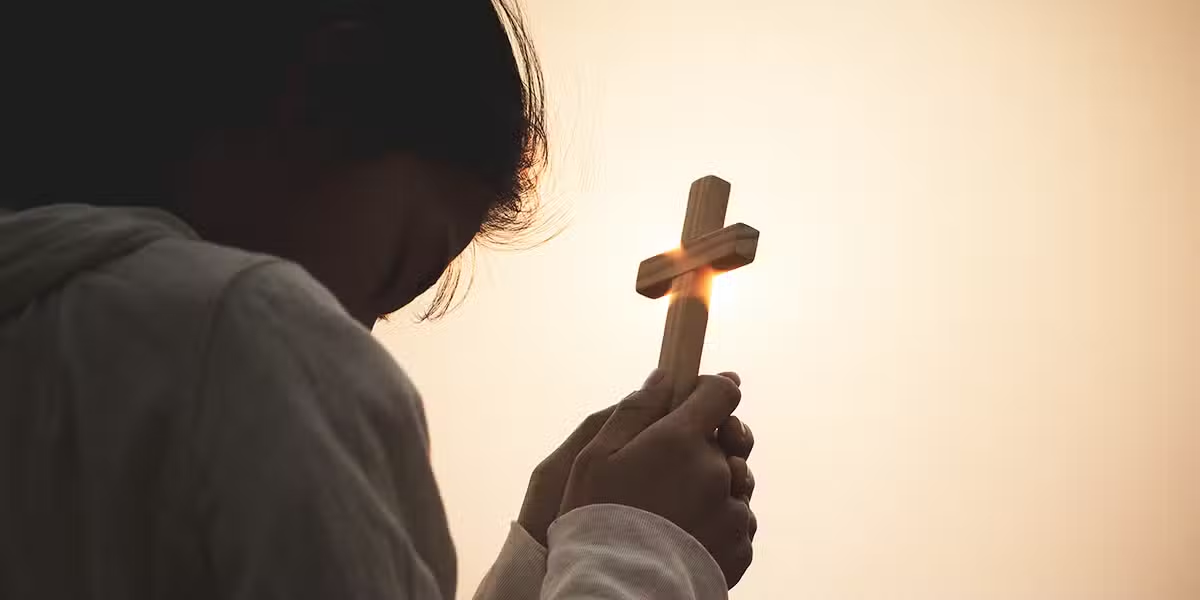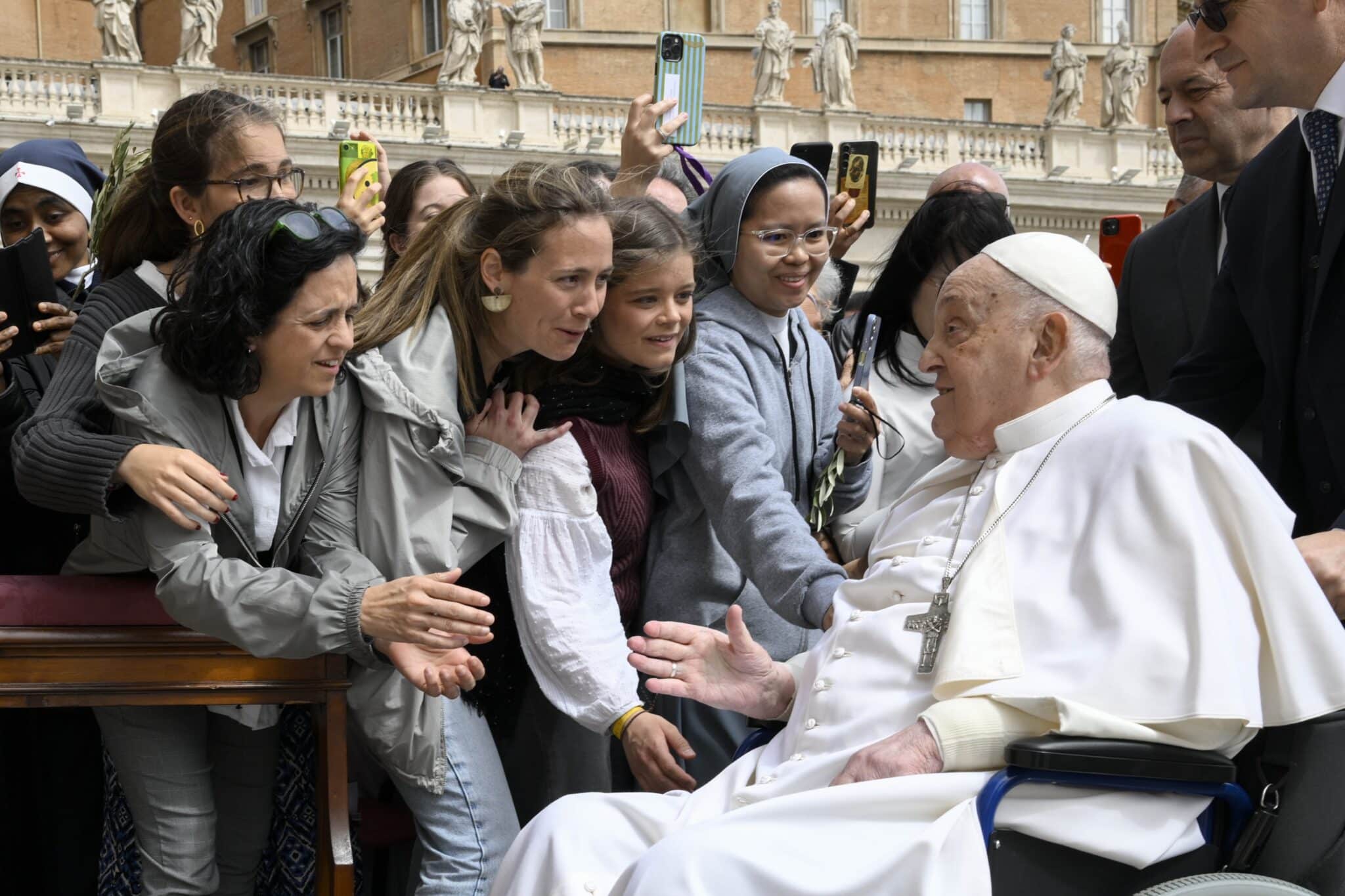The wealthy Drexel family of Philadelphia was socially conscious, donating large amounts of money to help the less fortunate. Indeed, three days a week, Katharine’s stepmother would welcome people in need into their home; there was plenty of food, clothing, and financial aid to share, and Katharine and her two sisters would teach the children about Jesus.
The experience made such an impression on Katharine that in her teens, she considered becoming a woman religious. But she was advised against it. When she thought about what would be involved, she noted, “I do not know how I could bear the privations of poverty of the religious life.” Better she decided to be generous on terms she could accept.
When she was twenty-six, Katharine’s father died, leaving a sizable estate. The will stipulated that the sisters would receive most of the interest earned on his holdings. Katharine selected the plight of Native Americans for her personal philanthropy, and felt called during a trip to Rome to meet with Pope Leo XIII and to ask for missionaries to staff some of the schools she was financing. His response: She should consider becoming a missionary herself. Katharine spent some time in discernment, visiting reservations and seeing firsthand that the need extended far beyond that which could be solved with money. In 1891, she founded the Sisters of the Blessed Sacrament, which provides religious education within the Native American and African American communities. Katharine opened and supported nearly sixty missions and schools in the next forty-five years. After a heart attack, she spent her final twenty years at the community’s motherhouse.
It’s easy to complain about the world’s problems and despair that there is nothing one person can do about it. Katharine’s example shows the amazing things that can happen when we take up the cross and follow where God leads. Even if our bank accounts don’t have millions, our hearts and souls have plenty to give.
Inspiration
“And here is the passive way—to be filled unto the fullness of God. The passive way—I abandon myself to it, not in a multiplicity of trials, extraordinary penances accomplished, practices of great works—but in peaceful abandonment to the tenderness of Jesus, which I must try to imitate, and by being in constant union with his meek and humble heart.” —Saint Katharine Drexel
Challenge
Next time you begin complaining about why your parish, neighborhood, or community isn’t doing something about a problem, pray for guidance on how you can become part of the solution.
Click here for more holy women!








